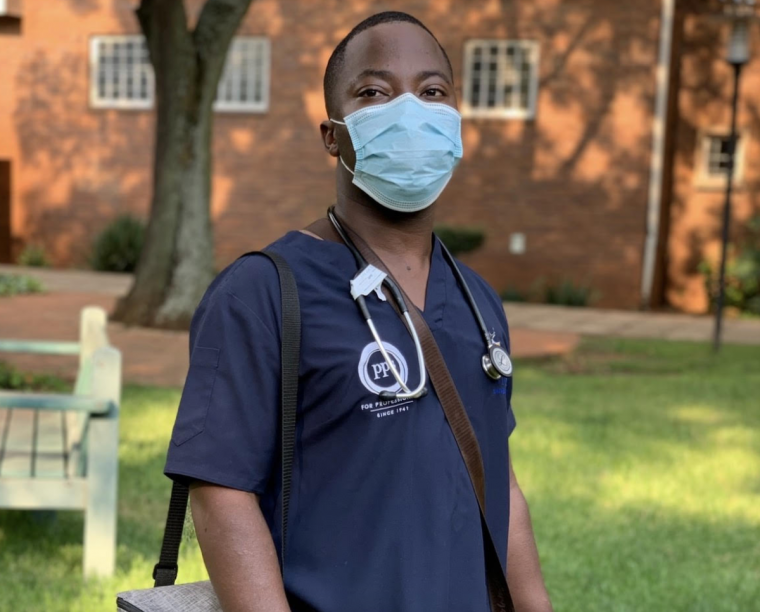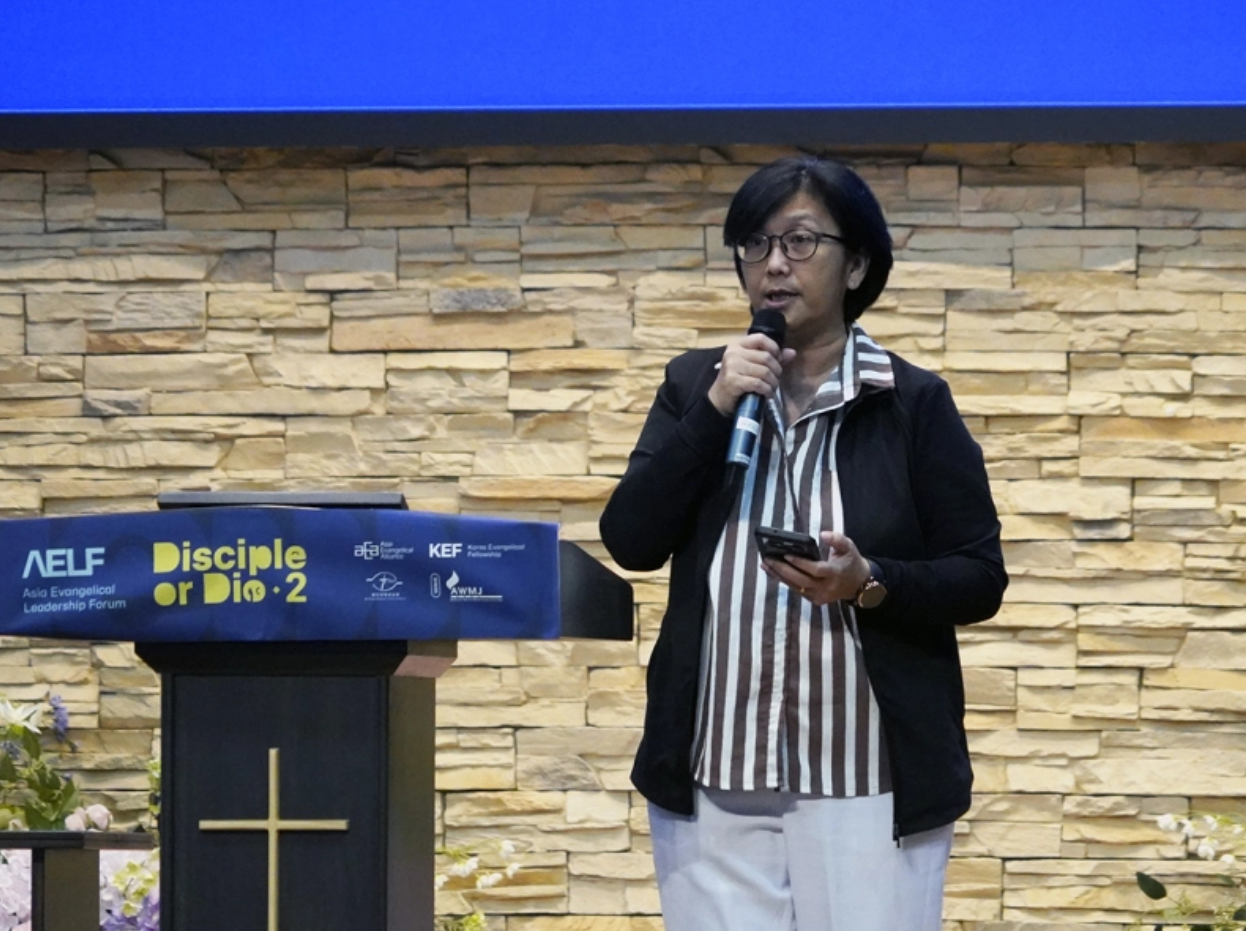When Covid-19 interfered with the graduation ceremonies of University of the Witwatersrand’s prestigious medical school in December 2021, Sithembiso Madlala took the change of plans in stride. Madlala had come too far in his journey from a neglected child in a rural township to a graduate from one of South Africa’s top schools to let a cancelled trip across the stage dampen his spirits.
Madlala’s story reads like a fairy tale or an improbable feel-good movie about a boy who worked hard to rise above his difficult circumstances. And Madlala has worked hard and overcome more difficulties than most people ever encounter. But he will tell you that his success is not just the result of luck or his hard work and determination. Instead, Madlala firmly believes he has made it this far with Christ’s protection, provision, and power in his life.
Born on March 1, 1997, Sithembiso Madlala spent his early years in Mariannhill, a cluster of suburbs and townships in eThekwini Municipality in KwaZulu Natal, South Africa. He was the third of his mother’s five children—all from different fathers. Madlala grew up mostly alone as the rest of his mother’s children were being raised by their fathers’ families. His mother, Bongi, had almost no interaction with anyone in her extended family, a highly unusual dynamic in the tight-knit Zulu culture.
Bongi was unemployed for much of Madlala’s childhood, and she would often leave him alone for days at a time while she went on drinking binges.
“I learned how to cook very early so I could eat,” he recalls. “Eggs, for instance, were easy to make. I just didn’t understand where she was or when she was going to come home, so I did the best I could.”
When Bongi was drunk, she would become violent. Once she pierced Madlala’s eye while beating him with a stick, and he had to go to the emergency room. During another beating, a neighbour called social services, who came and took Madlala away for a while. However, he was returned to Bongi when she apologized and promised to do better. She came home drunk one night when Madlala was six and demanded that he wash the dishes. When he fumbled through his chore, Bongi threw a knife and hit Madlala in the shoulder. Social services took him away for a longer period.
By the time attempts were made to return Madlala to his mom, Bongi had contracted pulmonary tuberculosis and was too sick to look after him and his younger sister. So the two were taken to orphanages near Durban and then placed at one permanently in 2007.
Getting away from his mother brought new challenges and hardships for Madlala. In his new environment, “I didn’t speak English, and everyone spoke English there. I couldn’t understand people,” he says. “There was a lot of bullying at the orphanage. My first week there I was tied to a tree and urine was poured all over me. It was like an initiation ritual.”
Not surprisingly, Madlala did not do well in school. He almost had to repeat third grade and came close to failing the fifth grade. But he kept trying and quickly learned English by plowing through books that had been left at his orphanage by short-term mission teams who visited from countries such as America and England, as well as teams issued from churches in South Africa itself.
Wanting to catch up with his peers, Madlala threw himself into his studies. Although the nearby rural schools lacked resources and were severely overcrowded, caring teachers did their best to encourage students who were particularly curious and motivated.
“Mr Ndlovu was one who gave me a lot of extra care, which was pivotal for me. He taught physics and chemistry—both of which I loved,” Madlala said. “And he would host classes on the weekends and give individual attention to those of us who really wanted to learn. My English teacher would challenge us to think about the future and what we wanted to do. That also inspired me to dream that I could be someone and do something in this world.”
Madlala also found inspiration and help from long-term volunteers who came from around the world to work at the orphanage. Some stayed for only a few days, while others stayed for months at a time. Madlala was especially drawn to the medical volunteers.
“A German neonatal nurse had dedicated her whole life to helping others as a healthcare worker. She spent a lot of time with the very sick kids at the orphanage—kids everyone had written off because we all thought they wouldn’t make it.”
He spent time getting to know the nurse and watching her work, even translating some medical documents from English to Zulu.
Another visiting nurse gave young Madlala a child’s stethoscope, which he treasured. “It meant a lot to see all the volunteers take time out of their lives to come and be with us and love on the ones suffering the most. It was so inspiring to me.”
When Madlala was 12, the orphanage hired a youth pastor named Warren Holland who would conduct devotionals with the boys every morning before they went to school.
“It was the first time I’d ever heard someone explain the gospel to me,” Madlala says. “I wanted to learn more about this God that Warren was speaking about.”
Read full article here
(c) The Christian Today, used with permission.




